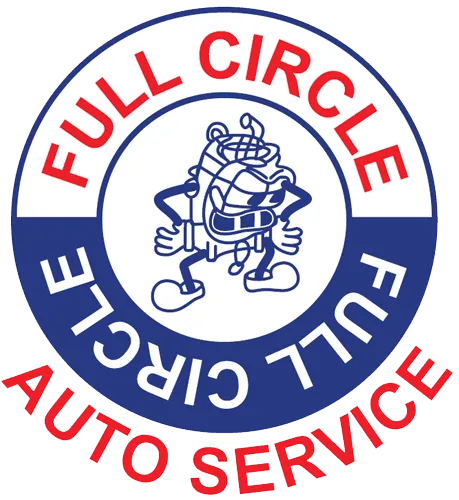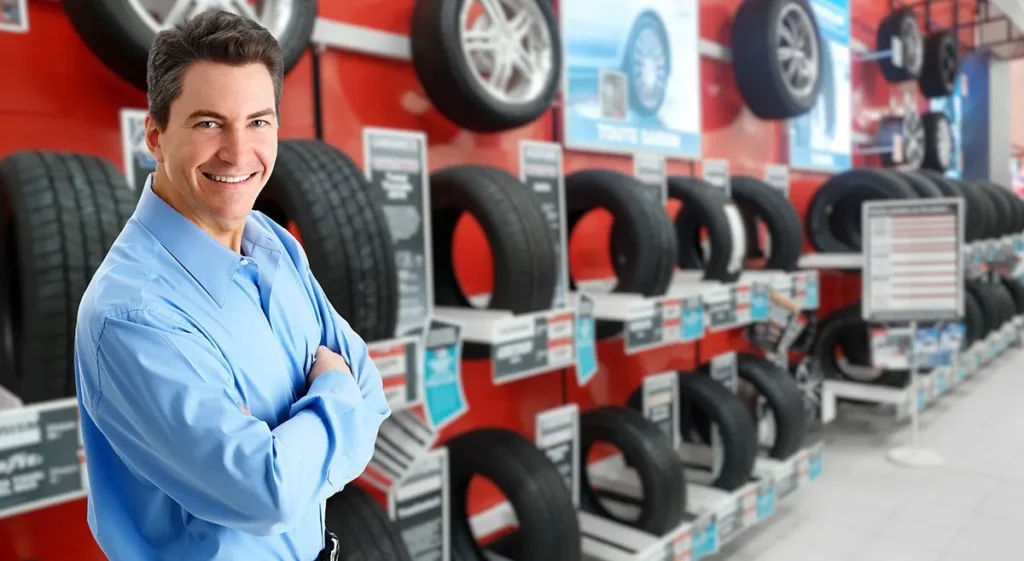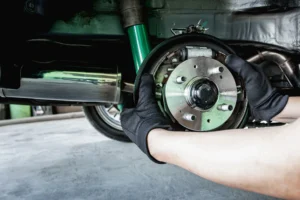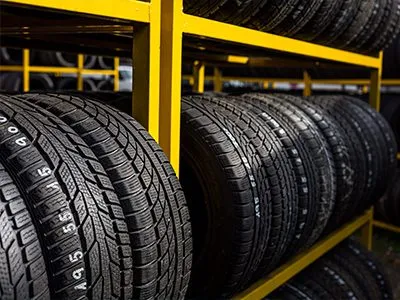
Depending on how long you’ve had your automobile, most owners have had to replace their tires at some point. Even if the tire is brand new, the possibility of hitting a nail or having a blowout on the highway is always present. It’s important to be knowledgeable of these options and prepared to select the best new tire for your Fairview Heights, IL vehicle whenever the necessity arises.
What Kind of Tires Is Best for My Car Mileage?
A wide range of factors influence tire life, including:
- Driving habits
- Elevation
- Climate
- Road conditions
- Manufacturer’s longevity estimate
A standard all-season tire has an average mileage range of 40,000 to 80,000 miles. Manufacturers will often predict how long a tire can last for based on their testing. It is important that you know which factors can affect your vehicle. Do you drive on a daily basis? Do you go on a lot of road trips or have a long commute every day? If you plan to put a lot of miles on your tires, the type you choose should make a major impact. If you drive long distances frequently, you should consider treadwear first. The average lifespan of an all-season and performance tire is 65,000 miles. A tire with longer lifespans and higher durability are a great choice because you won’t have to replace them as often.
How Does Rain Affect My Tires?
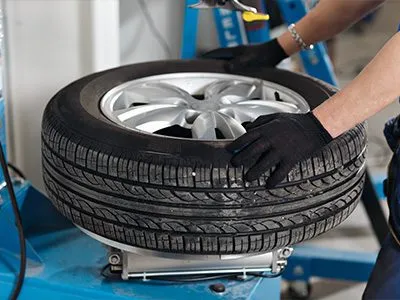
Driving in the rain may be a terrifying experience. The potential of hydroplaning, along with impaired vision, creates a dangerous situation. The grip and contact between the tire and the road are weakened when it rains. Braking distances might double and steering around obstructions can be compromised. Tires that are older provide an even greater threat in wet weather. Tires’ ability to handle wet braking, maintain optimum traction, and resist hydroplaning will deteriorate as they age. Furthermore, because rubber deteriorates with age, even if the tread is still present, older tires will perform worse in bad weather.
When Is It Time to See My Mechanic About New Tires?
Tires deteriorate with time. To maintain safety, they must be changed and kept up to date, just like anything else. It’s time to call a local vehicle repair shop if you discover any of the following in your tires:
- Sidewall cracks – The smooth space on the side of the tire is called the Sidewall. If there are cracks or grooves that are large enough to see without searching, it could mean your tires are leaking
- Uneven tread wear- If the tread wear on your tire appears uneven, it could indicate a problem with your wheel alignment.
- Vibration – Something may be wrong if your car is vibrating more than normal. When a car speeds beyond 40 mph, an out-of-balance tire can cause the vehicle to shake. This could also indicate that your tires are uneven or imbalanced, or that your shock absorbers need to be replaced. Because vibration is bad for tires, you should have an automobile repair specialist inspect your vehicle right away.
- Excessive tread wear — If the center tread is worn out, your tire may be underinflated. An improper camber angle is indicated by extra wear on the side.
- Bulges – When the material in a tire begins to deteriorate, it may bulge or protrude from the surface. These bulges might cause a rapid blowout and must be repaired as soon as possible.
Place a quarter upside-down in the groove of your tire’s tread if you fear your tires are overly worn. You have very little treadwear remaining if you can only see the top of George Washington’s head. Its time for a replacement and you should bring it to a local auto repair service.
When Is a Good Time to Rotate My Tires?
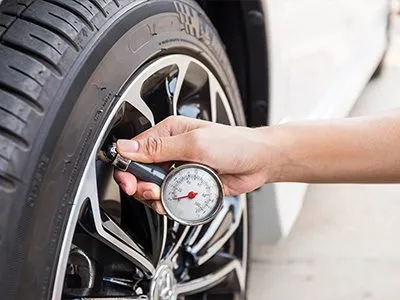
Tire rotation is a great technique to balance out wear and improve the life of your tires. Every 5,000 to 10,000 miles, you should have your tires rotated by an auto repair technician. Front tires wear out quicker because they play a larger role in braking. Most importantly, regular tire rotations are your best defense against uneven tire wear, which can cause vibrations in the suspension and alignment. These factors can have an impact on how long your tires last. Rotating tires on a regular basis maintains consistent tread depth and grip by spreading wear evenly across all four tires.
Contact Full Circle Auto anytime if you have any concerns regarding which tire is appropriate for your vehicle. Our knowledgeable auto mechanics can assist you in making the best decision.
